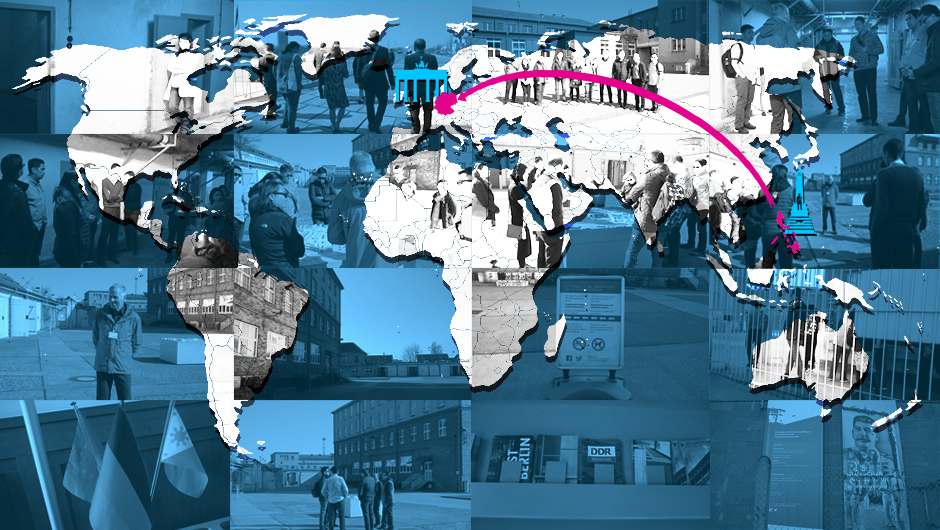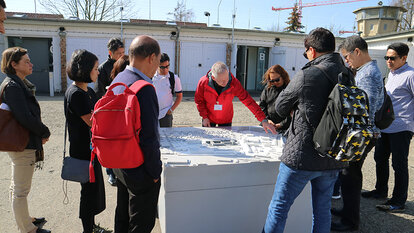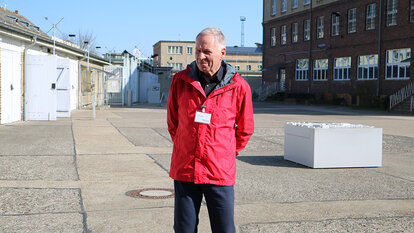Philippines and Germany Remember the Past, Vow "Never Again"

As a non-profit organization advocating reforms through international exchange and political dialogues, the Friedrich Naumann Foundation’s recent study visit, “Germany’s approach to finding sustainable solutions to poverty-alleviation and social justice,” explored into how Germans put premium to upholding social justice and human rights by confronting a tragic part of their history – the holocaust or the systematic murdering of millions of Jews. Germans call this process Vergangenheitsbewältigung, which means confronting, overcoming and remembering the past. This was a deliberate process not only for the German citizens but also for the world to remember and to rectify.

The delegates visited the Hohenschönhausen Memorial and the Memorial of the Murdered Jews of Europe in Berlin to study the “denazification” and memorialization culture of the German people. This is a key element for the Germans to ensure that the future generations will understand that the atrocities committed by the Nazis should not happen again and that the world should remain vigilant in defending their rights.

“It is equally important for other countries to know about Germany’s history because it can happen even at the present time. The Memorial reminds us all on how quickly people can be stripped off their human rights. It is a constant reminder for us Germans of the shameful tragedy caused by following a populist-authoritarian leader to the bitter end. It is one of the many monuments and art pieces that aim to be a constant reminder of Germany’s dark history,” shares Wolfgang Heinze, FNF Philippines Country Director.
“I especially like the setting of this memorial as it enables everyone to approach and experience this place of remembrance in their own way. It is a public space in the middle of the City of Berlin that is open for everyone - Germans and non-Germans, locals and tourists, young and old - to experience and to remind the world of the dark days that transpired in the past. Visitors can walk around and through the blocks or stele. They can sit as they ponder, write poems or sketch artworks. They can take photos and videos so that they can share not only the artwork but also their unique experiences as they reflect on the history for which the memorial was built. This memorial evokes hope that the past atrocities will ‘Never Again’ happen,” Mr. Heinze added.
In 2016, FNF organized a forum called “Unmuting the Silence on Martial Law", to memorialize the abuses ain the Philippines during Martial Law.
Resource persons from Germany, Argentina, South Africa and Thailand shared their countries' experiences “in healing from the wounds of a dictatorship”.
One of the experts from Germany, Arno Keller, shared that it is imperative for the youth to understand their nation’s history.
Roshuma Thungo from the Institute of Race relations talked about South Africa’s memorialization mechanism through Truth and Reconciliation Commission.
FNF supports initiatives that promote free and just societies. Part of its programs are study visits that are in line with the thrust to support leaders and decision-makers through platforms for knowledge-sharing and dialogue with German officials and international experts.